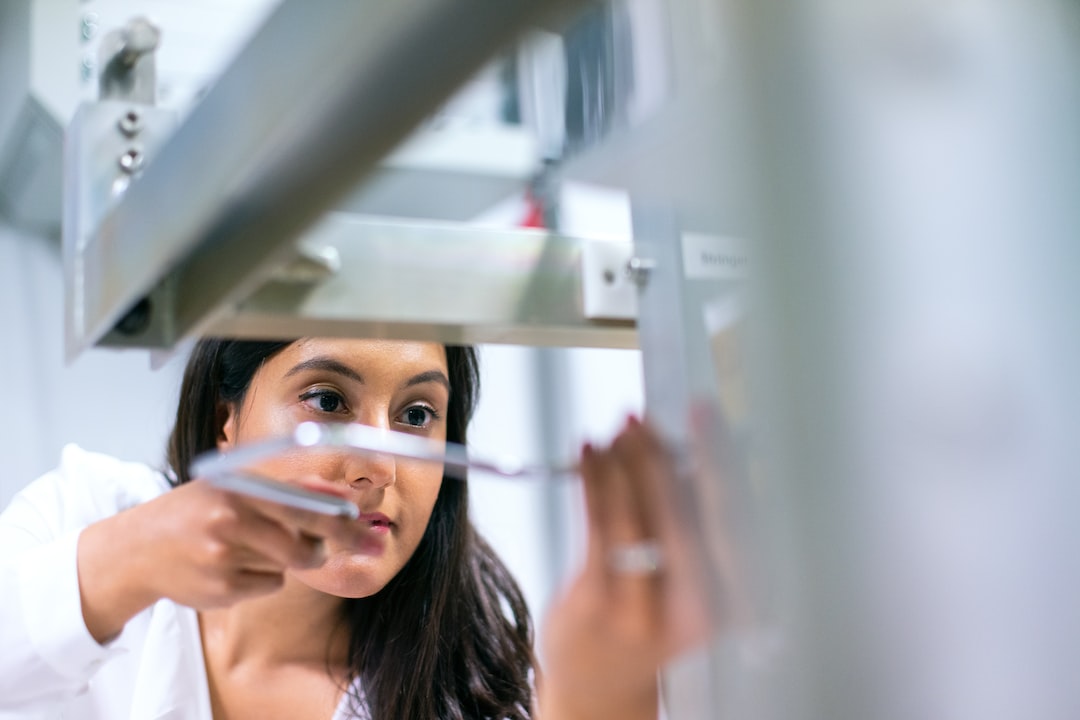Advanced Robotics in Manufacturing: Enhancing Efficiency and Precision
The manufacturing industry has experienced significant advancements in recent years, and one of the most notable technologies shaping this transformation is advanced robotics. These cutting-edge machines are revolutionizing the manufacturing process by enhancing efficiency and precision, leading to increased productivity and reduced costs.
Traditional manufacturing processes often rely on human labor, which can be time-consuming and prone to errors. However, advanced robotics are changing this dynamic by replacing repetitive and mundane tasks with automated systems. These robots are capable of performing a wide range of tasks, from assembly and handling to quality control and inspection, with remarkable speed and accuracy.
One of the key advantages of using advanced robotics in manufacturing is improved efficiency. Robots can operate at a consistent pace without fatigue or breaks, resulting in consistent and uninterrupted production. Automation also allows manufacturers to optimize production lines by reducing bottlenecks and streamlining workflows. This increased efficiency not only accelerates the manufacturing process but also helps to meet production deadlines and customer demands more effectively.
Furthermore, advanced robotics play a crucial role in enhancing precision in manufacturing. These machines are designed with advanced sensors and cameras that enable them to perform highly intricate and delicate tasks with precision. With their precise movements, robots can assemble small components and parts with exceptional accuracy, ensuring the final product meets the highest quality standards. This level of precision reduces errors and defects, leading to improved product reliability and customer satisfaction.
In addition to efficiency and precision, advanced robotics offer numerous other benefits to manufacturers. These robots can work in hazardous environments, such as high temperatures or toxic conditions, that might be unsafe for human workers. By deploying robots in these scenarios, manufacturers can protect their employees from potential dangers while still achieving production goals.
Moreover, advanced robotics can adapt to changing production demands with greater flexibility. These machines can be reprogrammed and easily integrated into new manufacturing processes, allowing manufacturers to quickly respond to market demands and adjust production accordingly. This adaptability also enables manufacturers to handle smaller production runs efficiently, catering to the growing trend of customization and personalized products.
While the implementation of advanced robotics in manufacturing certainly offers various advantages, it also raises concerns about the potential displacement of human workers. However, it is important to note that these robots do not replace humans entirely but rather complement their skills. By automating repetitive tasks, manufacturers can free up human workers to focus on more complex and critical aspects of production, such as design, engineering, and maintenance, ultimately creating more fulfilling and higher-skilled jobs.
In conclusion, advanced robotics has become a game-changer in the manufacturing industry, enhancing efficiency and precision. These robots not only increase production speed and accuracy but also improve product quality and customer satisfaction. Manufacturers who embrace this modern technology can unlock new levels of productivity, flexibility, and competitive advantage in today’s rapidly evolving manufacturing landscape.
